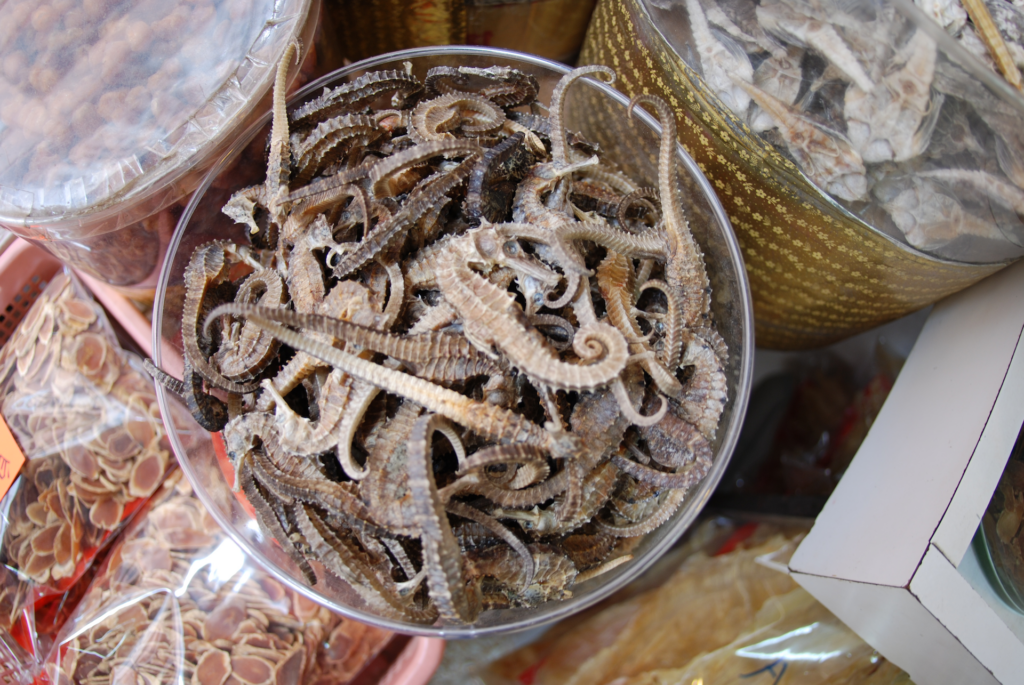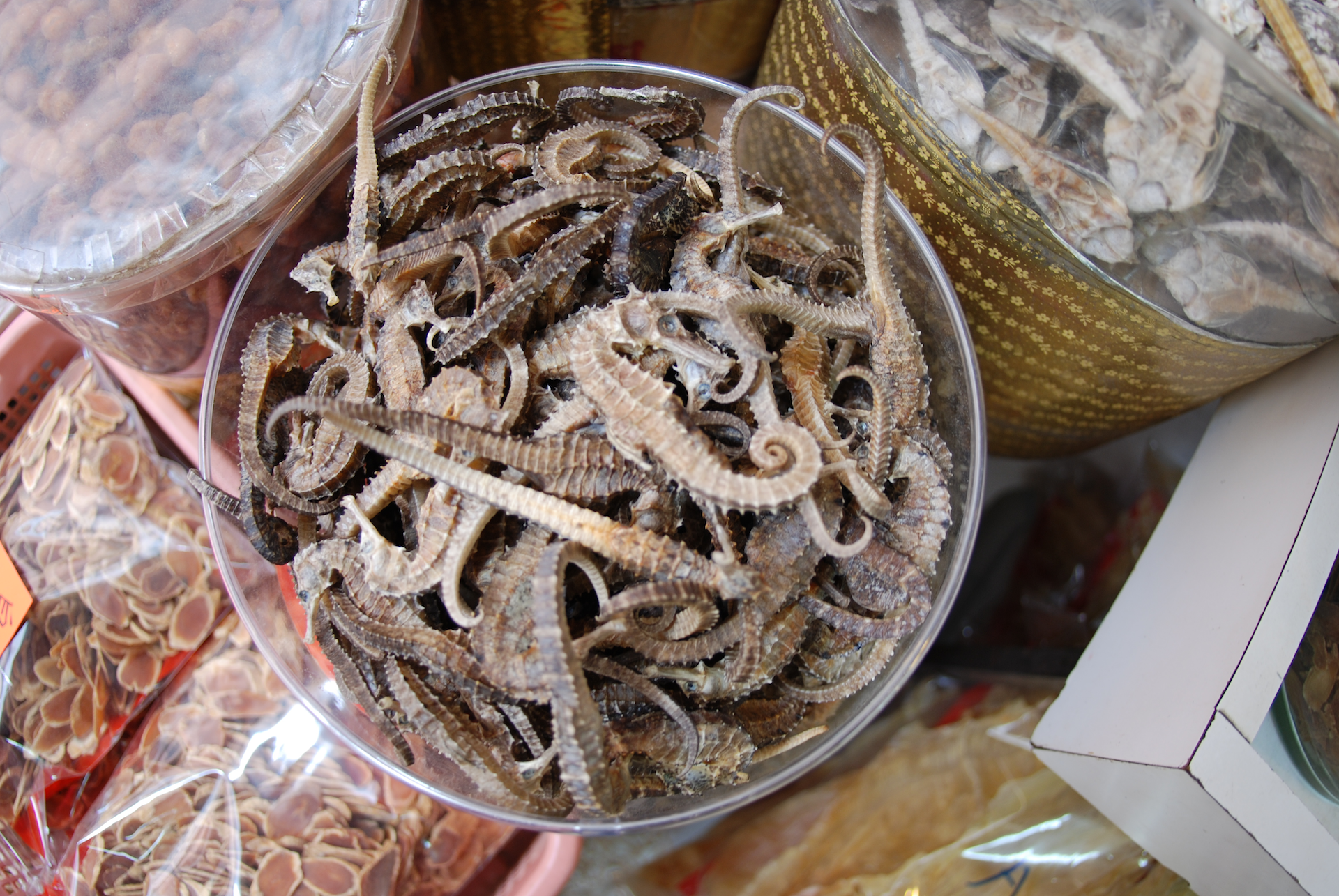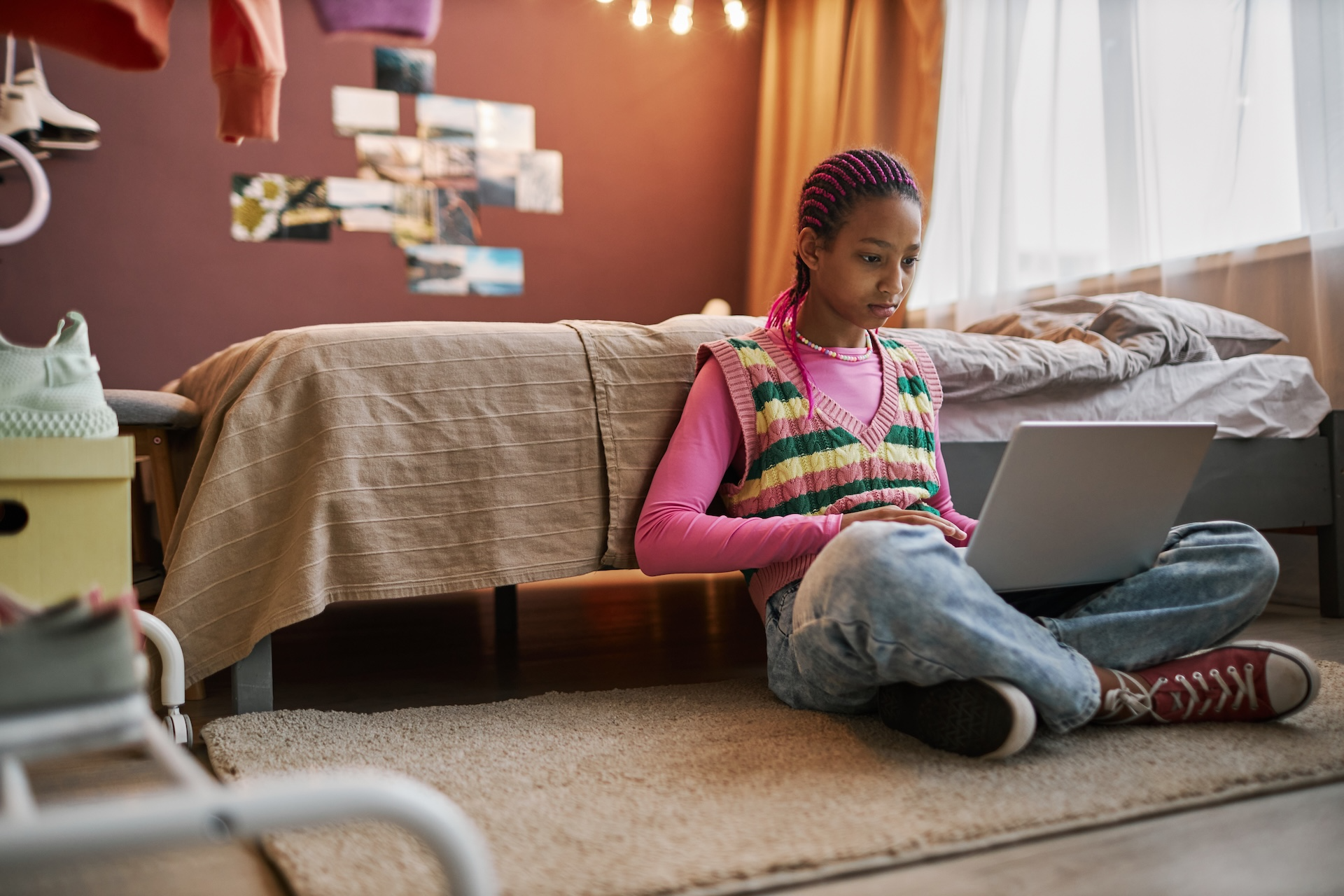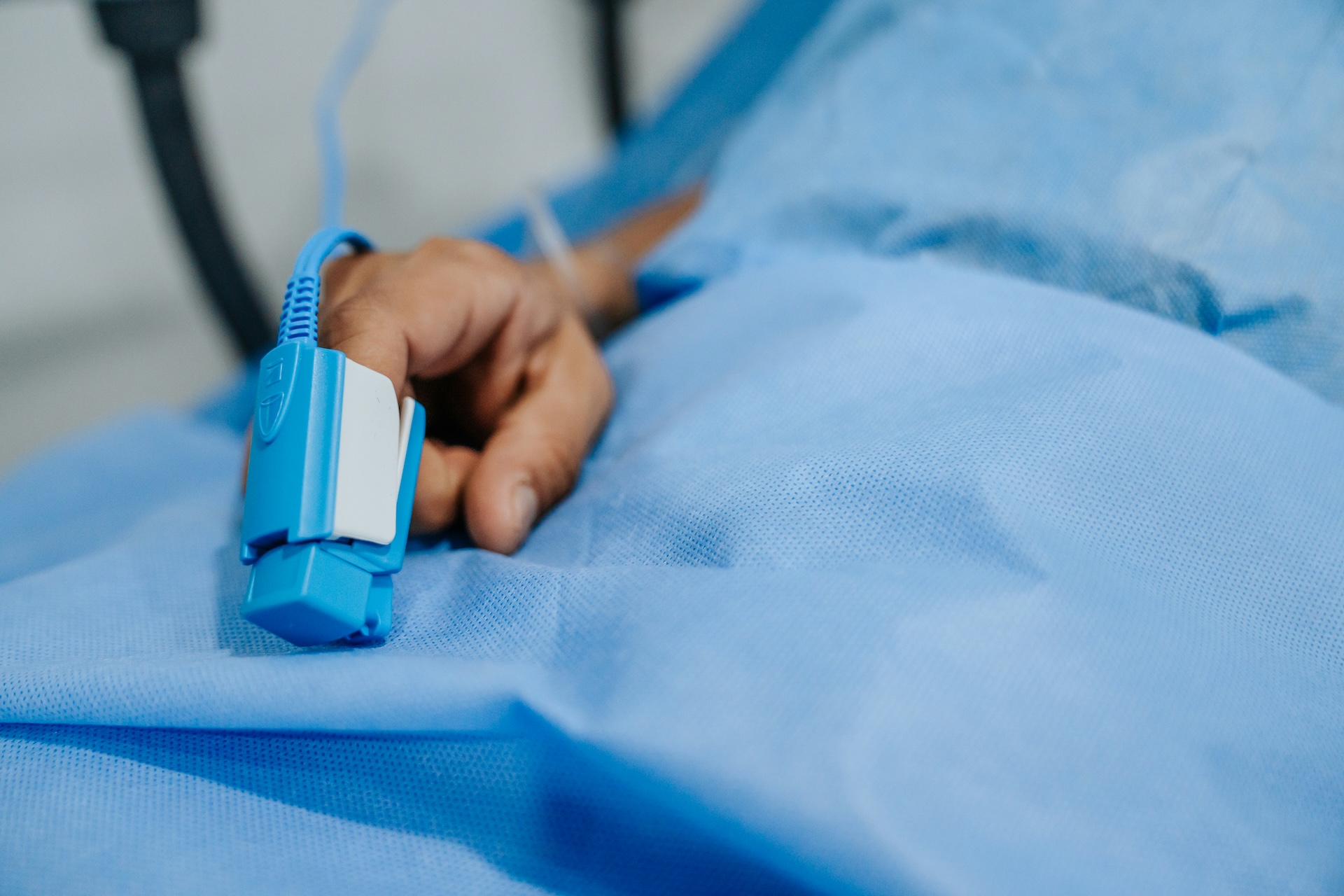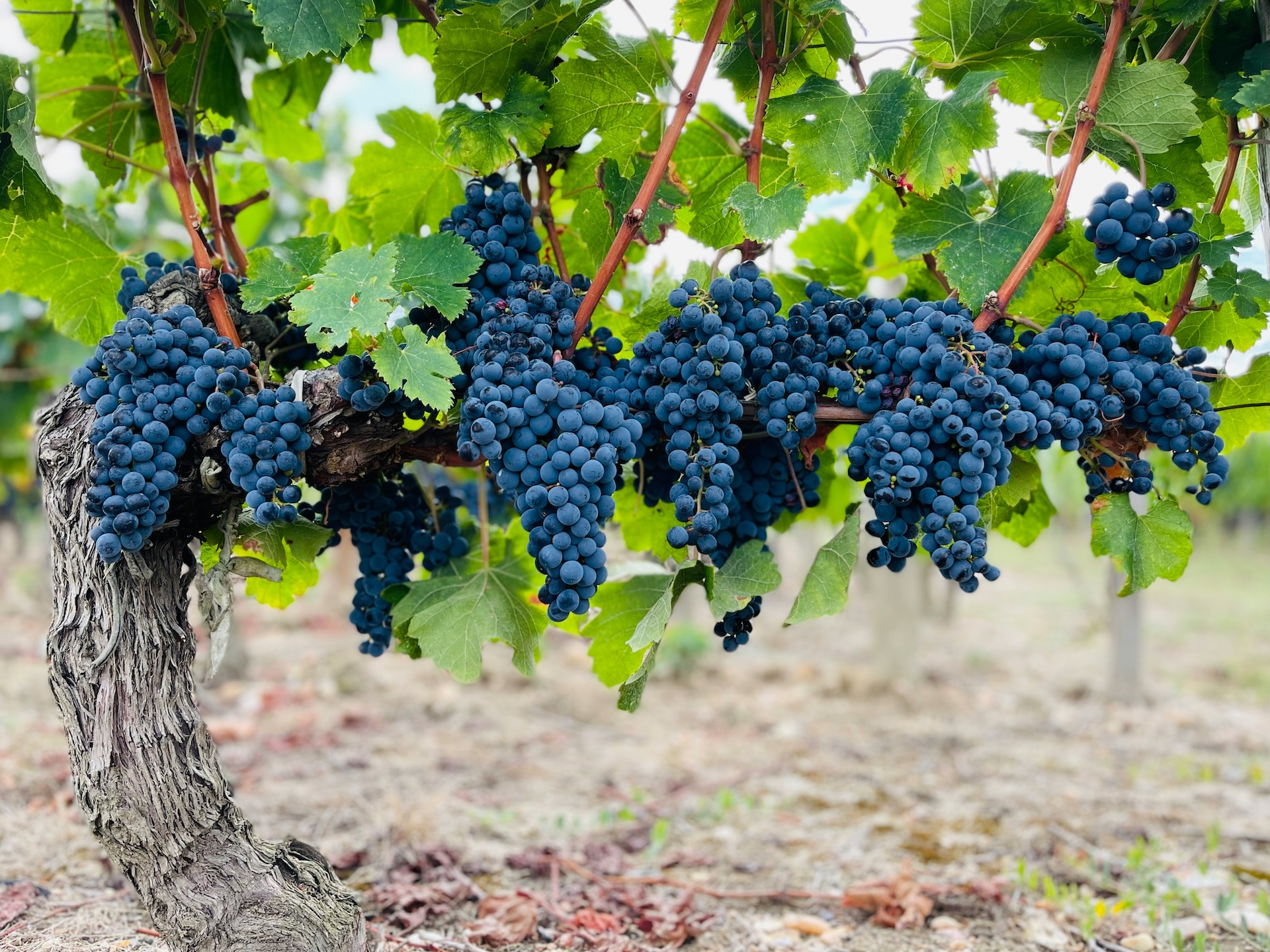Reconciliation and Indigenous Peoples
-
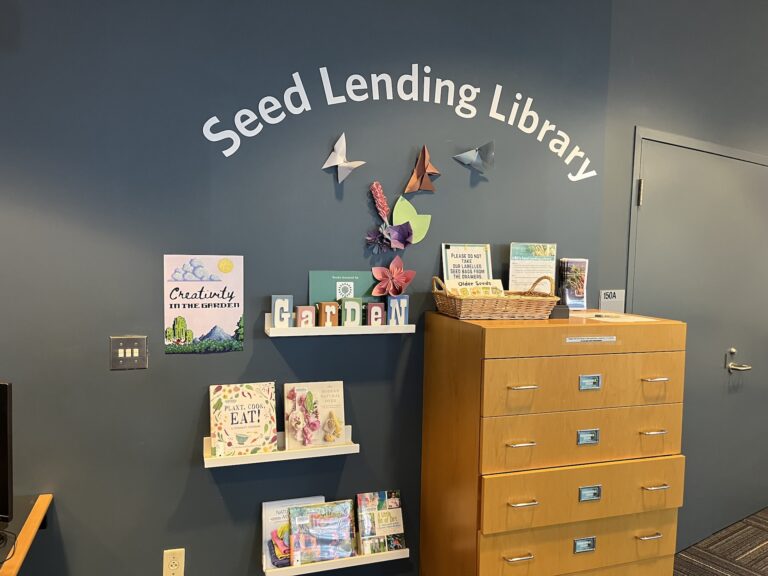
UBC’s Seed Lending Libraries: a growing movement in sustainability and community engagement
As spring blooms, UBC’s Seed Lending Libraries invite communities to grow gardens, share seeds, and cultivate a movement rooted in sustainability and connection.
-
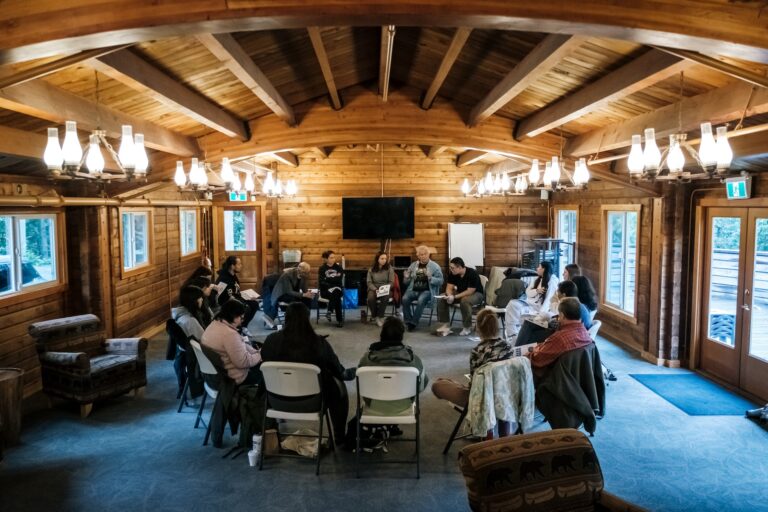
New Indigenous land stewardship degree will prepare the next generation of land protectors to restore ecosystems and take action on climate change
Part of a growing movement, this first-of-its-kind degree program will be part of the globally recognized standard for environmental management by 2050.
-
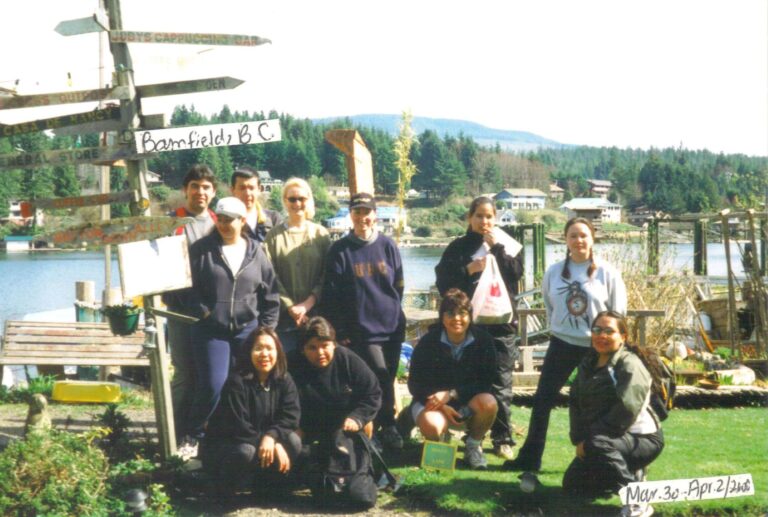
Half a century of lifting Indigenous educators across the province
NITEP launched in 1974 in response to a growing recognition that Indigenous students needed a culturally relevant approach to their education—both as learners and as future educators.
-
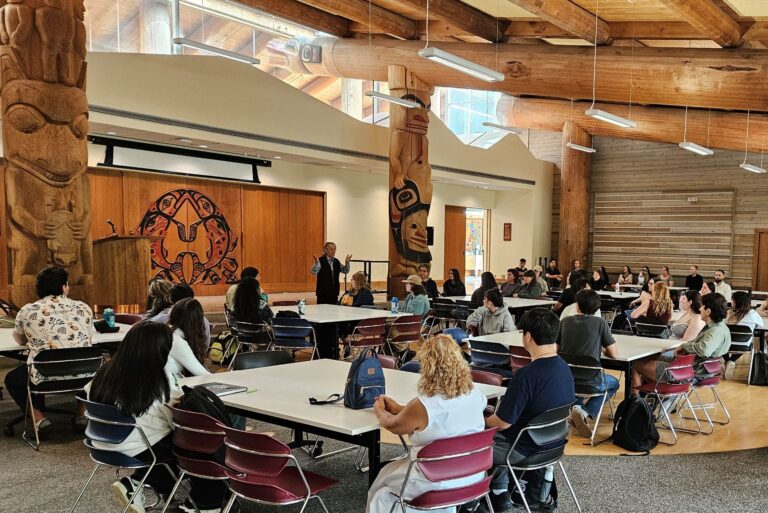
Connection and community-building: Indigenous Student Orientation at UBC Vancouver
UBC is welcoming another cohort of Indigenous students into its campus community during annual Indigenous Student Orientation programming at UBC Vancouver.
-
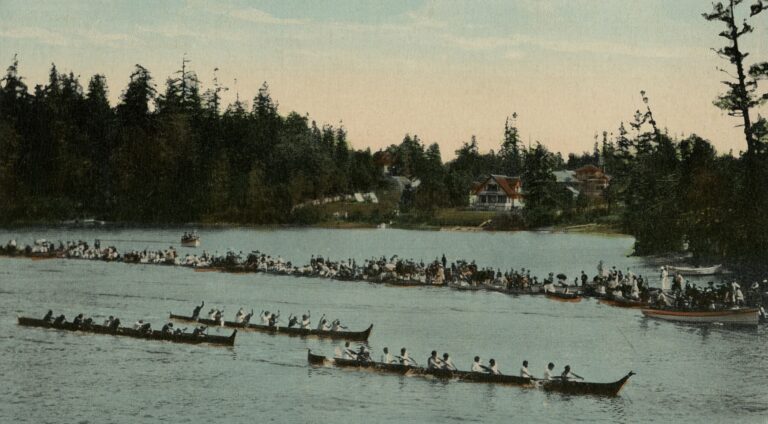
When is a war canoe not a war canoe?
Dr. Janice Forsyth's research explores how Canoe Kayak Canada’s war canoe event differs greatly from traditional Indigenous “war canoe” practices and origins.
-
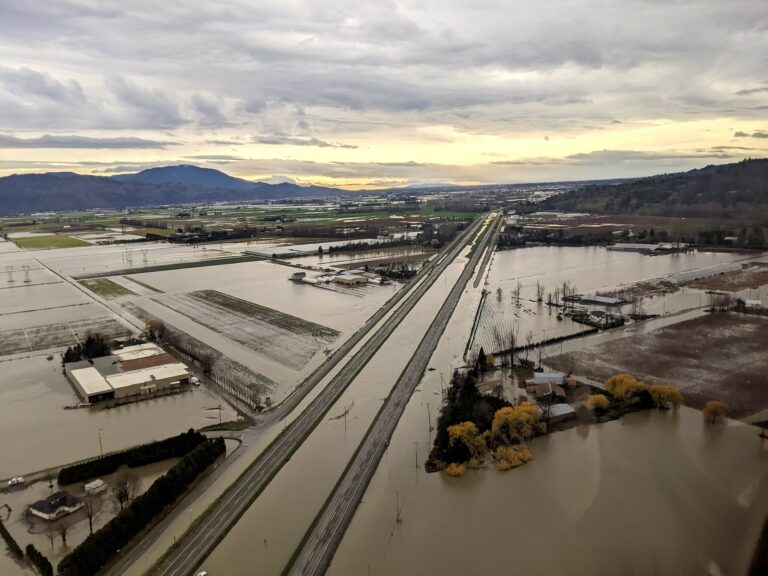
Researchers call for return of Sumas Lake following devastating 2021 floods
A new proposal has emerged in response to the November 2021 floods that swept Sumas Prairie in the Fraser Valley, causing mass evacuations and millions in damages.
-
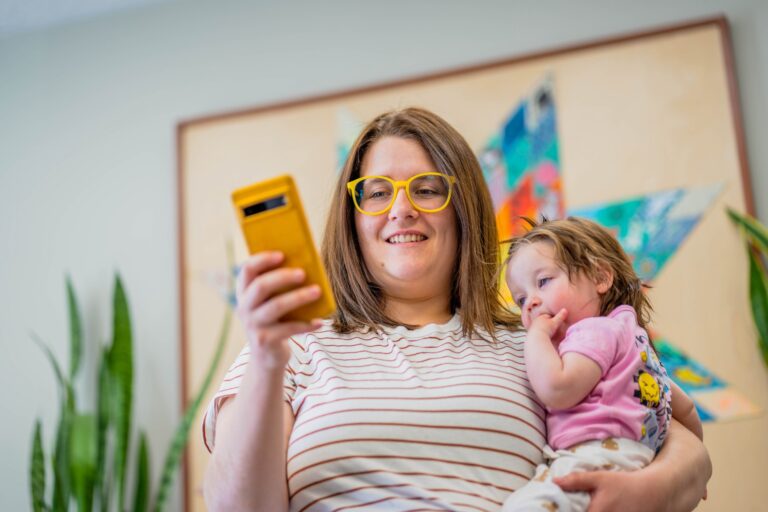
New Indigenous parenting app provides culturally grounded parenting advice
Two-Eyed Seeing for Parents app combines Okanagan Nation traditional values and practices with contemporary parenting resources.
-
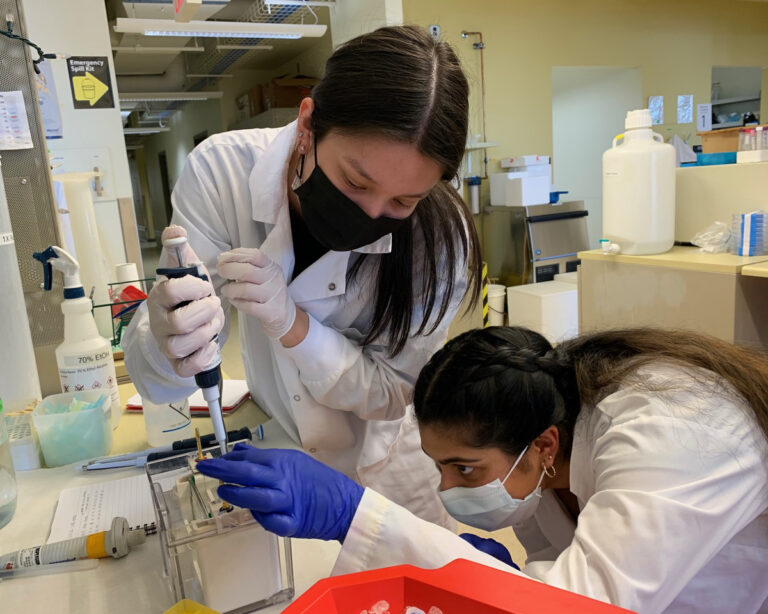
UBC program strengthening STEM pathways for Indigenous youth
seed2STEM helps to improve representation of Indigenous students in the academic disciplines of science, technology, engineering and mathematics.
-
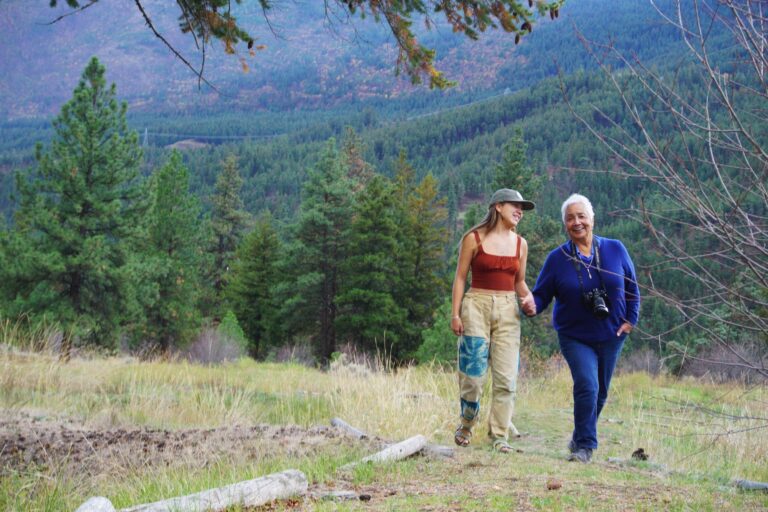
How to conduct scientific research with Indigenous Peoples and Lands in a good way
In this Q&A, UBC Indigenous fisheries researcher Dr. Andrea Reid and her co-workers weigh in.
